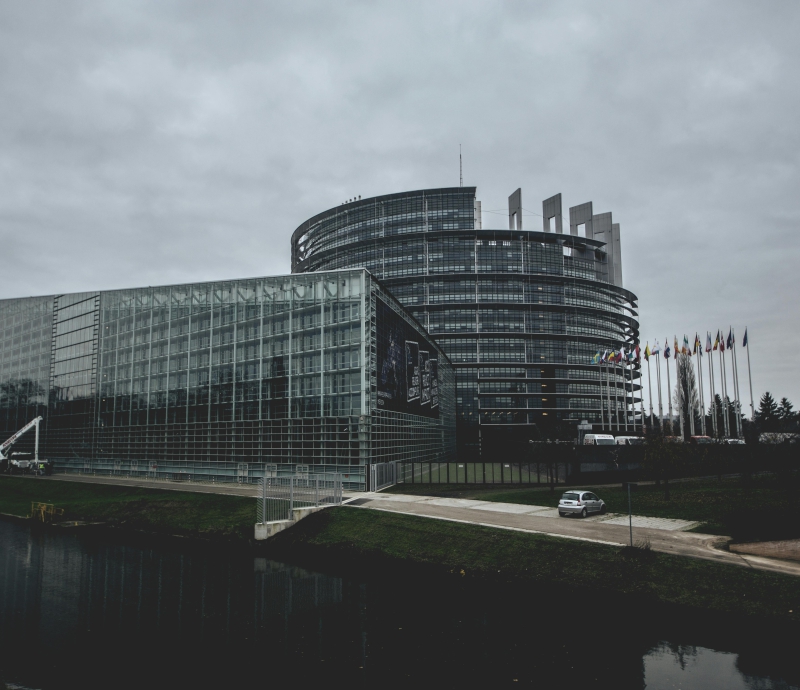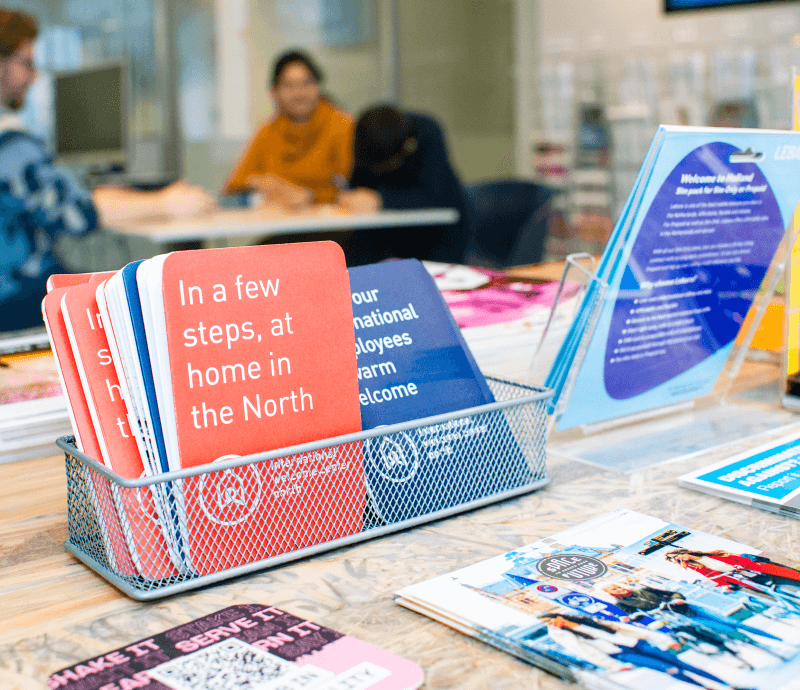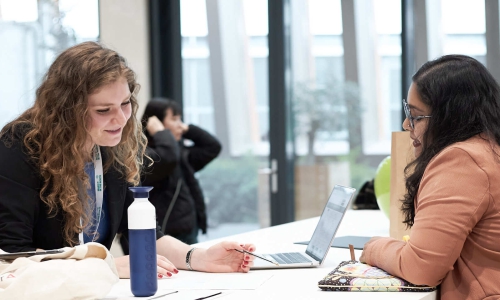
Get started with your life in the North
Welcome to the Northern Netherlands! Discover everything you need to know to make this beautiful region your new home.
Opening hours
Monday till Thursday from 9:30 – 12:00 & 13:00 – 16:30
Did You Know?
European Elections

Join our events!
News from the North

Building of new Google data centre starts in Groningen
Google announced it will start building a new data centre in Hoogkerk and is investing €600 million in the project. The tech company has already invested about €3.8 billion euros in data centres in the Netherlands, two of which were located in Groningen, and in the digital infrastructure that it needs to operate them. Last […]

Lelylijn officially recognized by Europe: “To be realized by 2050 at the latest”
The Lelylijn has officially been added to the European TEN-T Core Network, paving the way for its construction as a key rail link between Groningen and the Randstad metropolitan region. The European Parliament voted in favor of the inclusion yesterday, setting a deadline for completion by 2050. The European Parliament’s vote marks a culmination of […]

King’s Day 2024: what do we celebrate and where to go
On the 27th of April, the Netherlands celebrates King’s Day (or Koningsdag), which is originally a public holiday for the Dutch king’s birthday. It’s also a celebration for all ages of Dutch culture through food and music. Before King Willem Alexander became head of state in the Netherlands, it was called Queen’s Day during Queen […]
About us
About Us
Feel at home in the North in just a few steps
We understand there are many things to take care of when getting settled in a new country.
That’s why it’s our mission to provide a welcoming space where you can take care of everything at one convenient location.

20+
3
35,000+
We helped 35,000+ international people
“I have lived in several countries (USA, Germany, Russia, Egypt) but I have to say that I have had the best experience at the Welcome Center in Groningen. Thank you again!”
“How happy it makes me to learn that the flowers got there and that they brightened up everyone’s day! This was my goal.
You guys work hard, and I wanted to make sure you guys know that your work is meaningful and very well appreciated in the city.”
“I would recommend the IWCN for new Internationals, who would like help finding their feet, but also for those who have been in the Northern Netherlands, as the information on offer is very extensive!”
“The idea to have such an office to welcome foreigners is a formidable one and this is a good tangible result. I wish there had been such an office, and people like you, 13 years ago when we arrived. It would probably have made our lives so much better, especially the first years!”


























